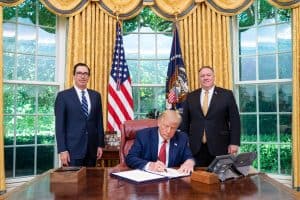






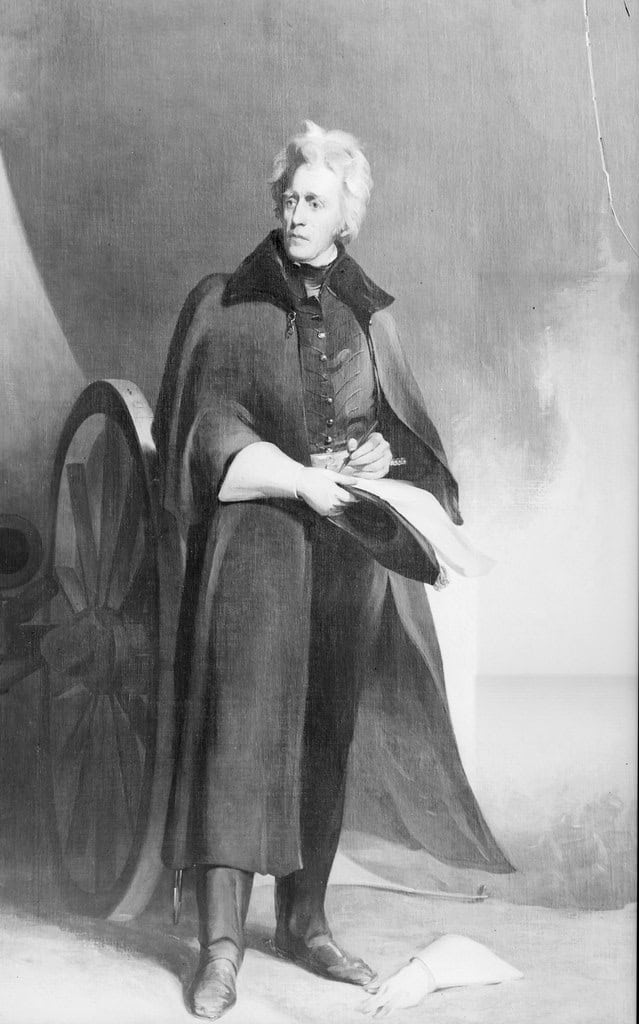
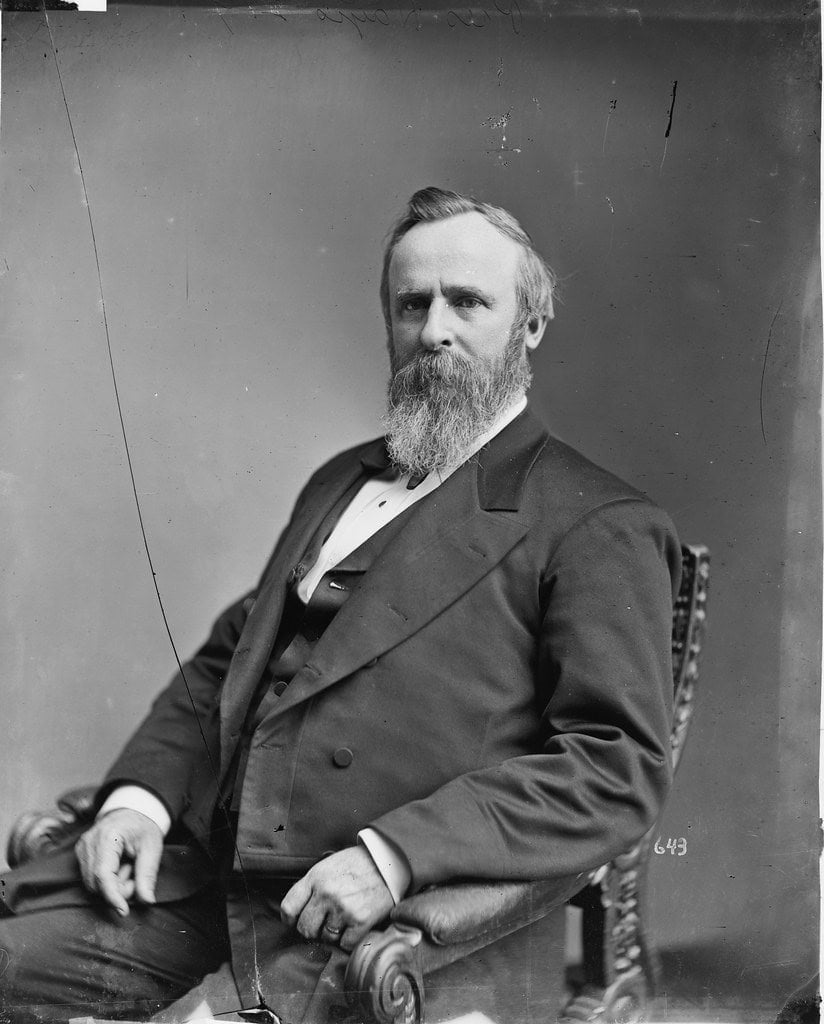
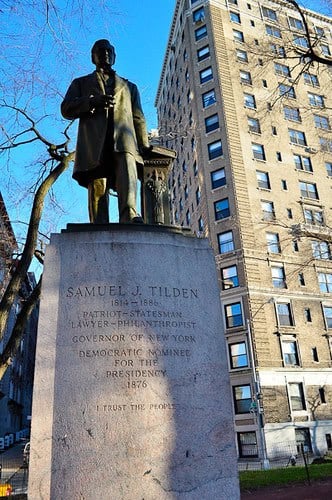
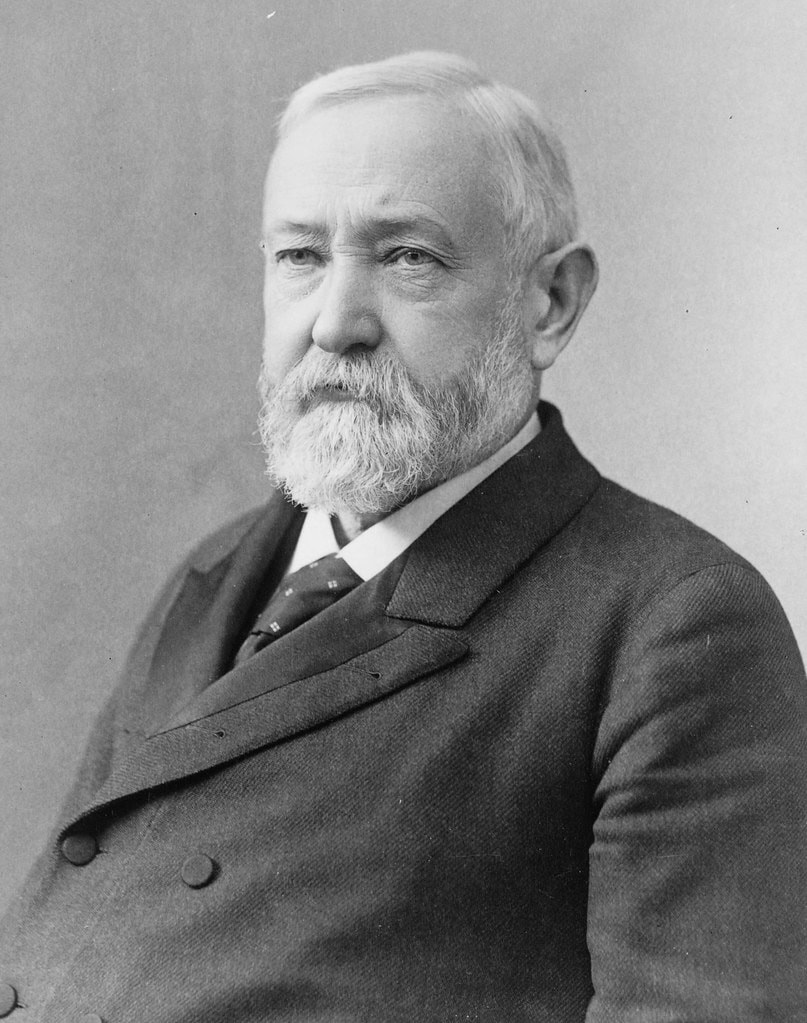
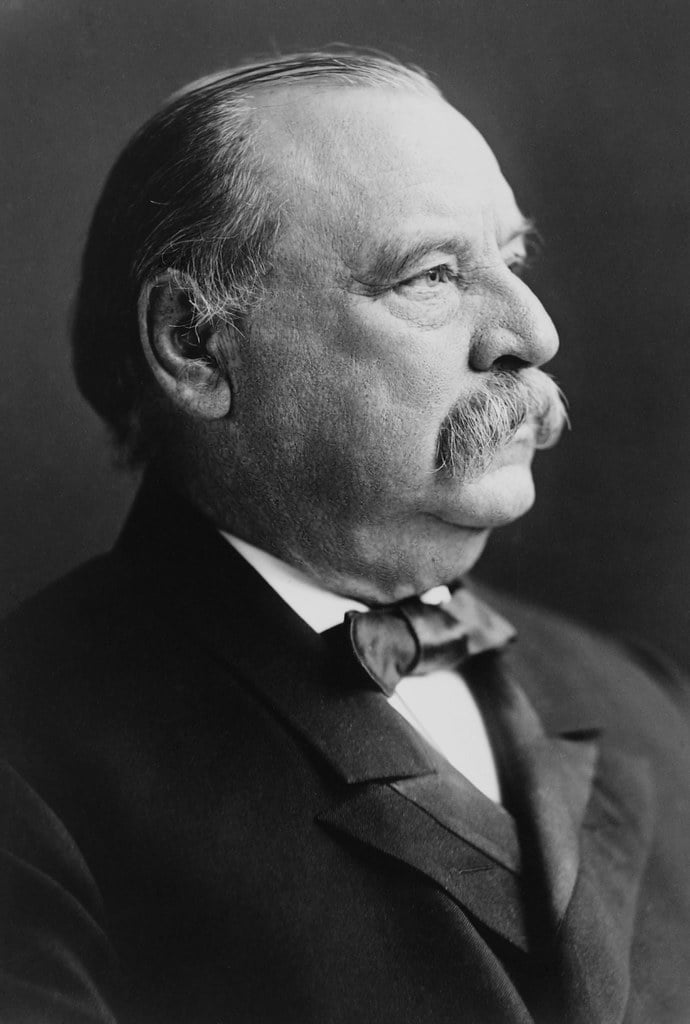
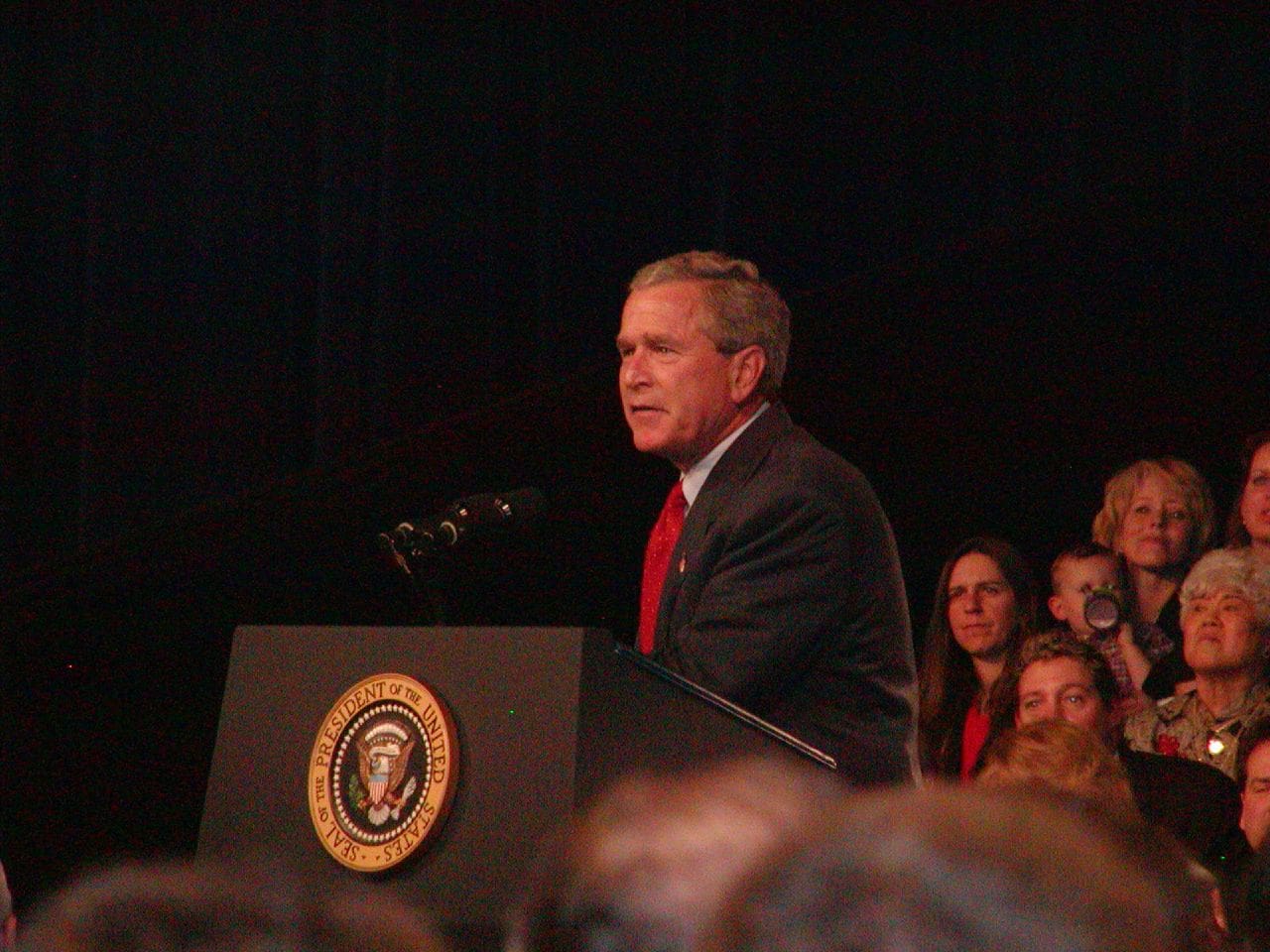

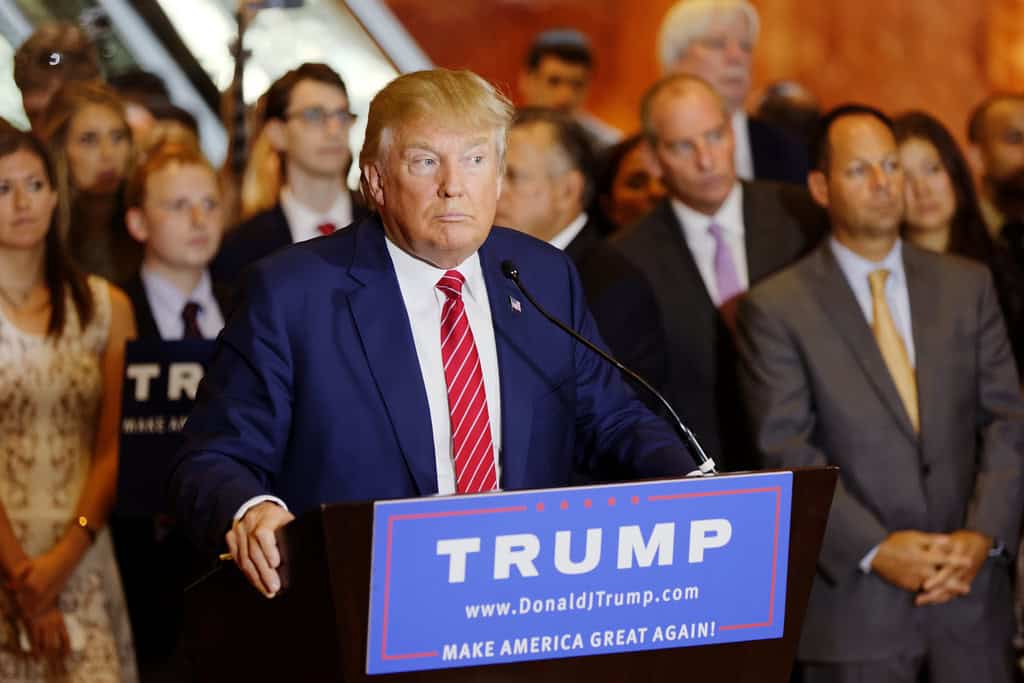








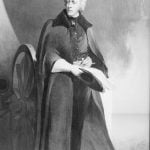
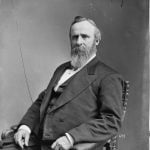







These Presidents Lost the Popular Vote But Still Won
You can lose the popular vote and still take the highest office in the land. Interestingly, this has been a rather rare occurrence. Typically, winning the popular vote means you're winning the electoral votes as well, at least when looking at historical elections. Today, we're taking a look at how the electoral college works, alongside the elections where it was the sole reason a candidate won.
The Popular Vote
When we think of voting, it can be divided into two separate categories. You've got the electoral vote, which I'll explain more in-depth in just a moment, and the popular vote. What is the popular vote? Strictly speaking, the popular vote is all the votes a candidate receives from the total voting population. It can act as more of a representative of the values of the nation, so to speak, than the electoral college.
Electoral Votes
Each state across the country has a certain number of appointed electors that make up the Electoral College. This is done to provide representation for some states, as the population density for somewhere like Wyoming is significantly lower than somewhere like California or New York.
Proportional Representation
Electors aren't necessarily representative of the political will of the population of a given state. If you're a blue voter in a deeply red state, the elector's vote likely isn't going to reflect your personal beliefs. While a well-intentioned system, there are some inherent flaws to it.
Alternative Systems
The drawbacks of the Electoral College are something that has been noted somewhat frequently in the 21st century. When a candidate loses the popular vote but essentially wins the office, that isn't seen as reflecting the will of the people voting in these elections. Alternative systems like the first-past-the-post or a pure popular vote have been floated in recent years.
Representing the People
Democracy can be a tough thing to provide equal representation for. When the Electoral College was created, it was instrumental in providing a voice on the national stage for smaller states. Times have changed, and perhaps the method in which we conduct elections needs to change alongside it.
John Quincy Adams
The first president who lost the popular vote is a fairly early one in terms of the nation's history. John Quincy Adams, son of founding father and second president John Adams, lost the popular vote against Andrew Jackson. Jackson was a popular figure in the American media at the time, coming fresh off a victory against the English in the War of 1812.
A Tight Election
Adams barely won the electoral votes as well, securing a slim margin among the 24 states present in the Union at the time. Jackson would be embittered by his loss, forming the Democratic Party as a result. Jackson had won the popular vote quite soundly, receiving 7.8% more votes than Adams.
Rutherford B. Hayes
The 1876 presidential election was the next time a contentious race was run. Rutherford B. Hayes, the eventual winner and 19th president of the United States, ran a tight race against Samuel J. Tilden. Tilden's race showed him outpolling Hayes substantially.
Hints of Corruption
Tilden alleged that Hayes ran a dirty campaign, resulting to electoral tampering, violence, and overall fraud to win the day. Tilden had won the majority of the vote when all was said and done, but Hayes won the electoral votes needed to secure the presidency. The 1876 presidential election remains a contentious matter among historians.
Benjamin Harrison
The 1888 election would be the next time this issue raised its head, with a contentious race between incumbent Grover Cleveland and Benjamin Harrison. Cleveland was thought to be a shoo-in for the office, given that he had overseen a prosperous economy and was popular with veterans of the American Civil War.
Disenfranchisement
Black people had only retained the vote for a little over 20 years at this point in the nation's history. It is thought that while Cleveland won the popular vote, disenfranchisement and alleged voter suppression by the Democratic Party in the South provided ample ammunition for Harrison to secure victory.
George W. Bush
One of the most contentious political races in recent memory happened during the 2000 election. Al Gore was thought to be a shoo-in for the office of the president. He was coming fresh off a vice presidency with the popular Bill Clinton. The economy was flourishing, and he trounced everyone else in the Democratic primaries.
A Supreme Court Ruling
Bush won the electoral college after a long, arduous process. Litigation would mark the start of the counting process for electors, with voting hinging on the state of Florida. Finally, the decision would reach the highest court in the land, with the Supreme Court ruling in favor of Bush during Bush v. Gore.
Donald Trump
The final entry on today's list is a relatively recent one. The 2016 presidential election is still fairly fresh in the minds of the public, and for good reason. Donald Trump ultimately won the election, despite losing by 2.1% of the popular vote.
Faithless Electors
The 2016 election is a rarity among presidential elections. The most faithless electors of any race participated with 2 for Trump and 5 for Clinton. It didn't matter, however, as Trump received 304 votes from the Electoral College to 227 for Clinton.
The image featured at the top of this post is ©turtix/Shutterstock.com
